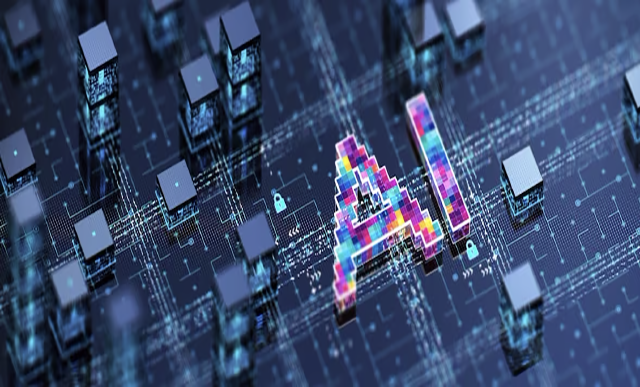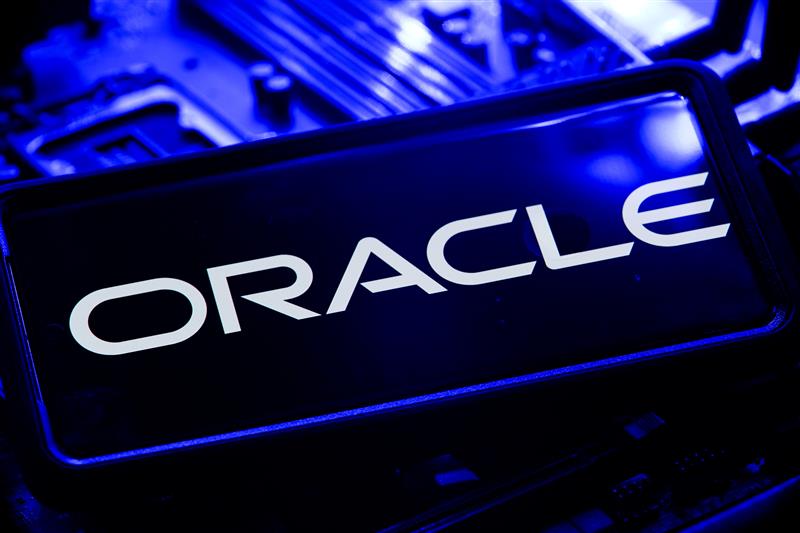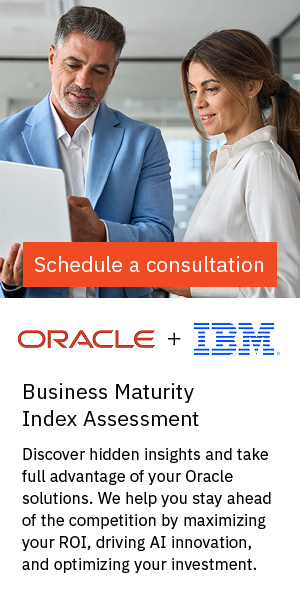On August 6, Oracle announced that its flagship event, CloudWorld, is now rebranded as Oracle AI World. This is being viewed as a strategic declaration that ERP professionals can’t afford to ignore. The announcement signals a fundamental shift in how one of the world’s largest enterprise software companies sees the future, and it places artificial intelligence (AI) directly at the core of the ERP system.
AI at the Core of Content
So, what can participants at the newly minted Oracle AI World expect? Look for a significant shift in content. The conversation will move beyond cloud infrastructure and towards tangible business outcomes driven by AI.
Expect in-depth explorations of AI-powered financial planning, autonomous supply chains, and intelligent human capital management. The spotlight will be on practical applications that prove AI’s value, making it a must-attend event for anyone looking to understand the next evolution of enterprise resource planning.
The Future is Now
For years, AI has been viewed as an add-on or a future feature. However, Oracle’s rebranding of its event confirms that Big Red believes that the future is now. The focus has shifted from merely migrating ERP to the cloud to embedding intelligence into every business process.
For example, an Oracle Fusion or NetSuite environment is no longer just a system of record, but a proactive partner thanks to generative AI that drafts financial summaries, predictive analytics that foresee supply chain disruptions before they happen, and intelligent automation that handles complex reconciliations without human intervention. Oracle is championing this enterprise innovation, which involves AI deeply integrated into its systems.
What This Means for ERP Insiders
AI is now viewed as a deeply integrated tool for ERP systems. For years, AI in ERP was treated like an optional accessory. However, Oracle’s rebranding signals a move to AI as the architectural bedrock of the entire platform. For ERP Insiders, instead of asking a vendor, “What AI features do you have?” ask, “How does your platform’s core AI and data architecture work?” The conversation has evolved beyond a single feature to exploring how the organization can best utilize large language models (LLMs), the quality of the data lakes on which they’re trained, and how AI services are integrated into the ERP’s DNA.
Expect deeper, embedded intelligence. Apart from presenting data, the next generation of ERP will provide answers and initiate action directly within the workflow. The distinction between the ERP application and the AI tool will disappear. This embedded intelligence will empower every user to become a power user by augmenting their capabilities in real-time. For implementation consultants and business analysts, the job is shifting towards designing human-AI collaborative workflows. For example, instead of training a user on how to run a month-end report, ERP professionals will train them on how to interpret the anomalies the AI automatically flags within that report. Thus, the focus shifts from designing steps to designing decision points.
Your role is evolving from process guru to AI strategist. As the ERP system becomes smarter and automates more routine tasks, the most valuable ERP professionals will be those who can bridge the gap between the AI’s technical capabilities and the company’s strategic objectives. Thus, ERP professionals will be compelled to upgrade their expertise from data entry to data governance, from process configuration to AI model interpretation, and most importantly, from being a module expert to being a business problem solver.






